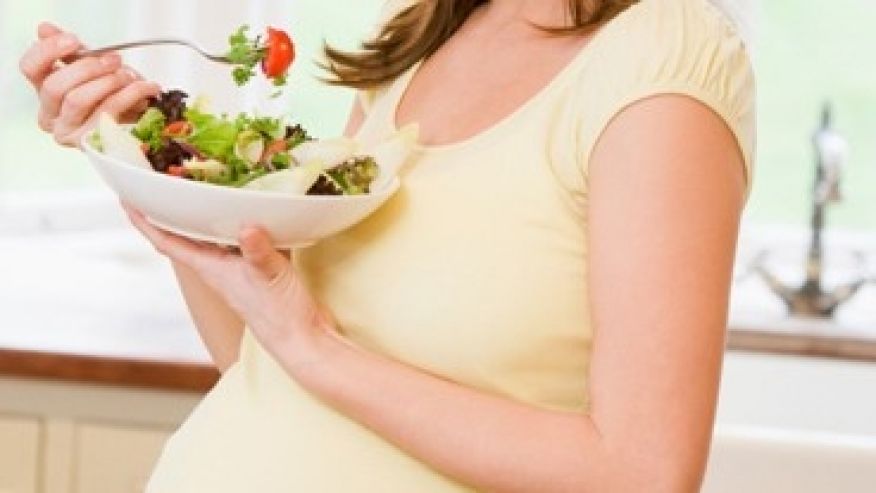
Before getting pregnant and after that is very different. One cannot eat just as they wish or how they used to eat before after they became pregnant. When you’re pregnant, you should not only to think about yourself, but you should think about your baby too. So you should think more carefully about what you’re feeding yourself because the foods you eat are the main source of nutrients for your growing baby. When you are pregnant, you will need protein and calcium for your baby’s tissues and bones. You will need folic acid to reduce the risk of neural tube birth defects and more iron to help red blood cells carry oxygen to your baby.
The best way to start making changes to your diet is by making sure you include the following pregnancy superfoods into your diet.
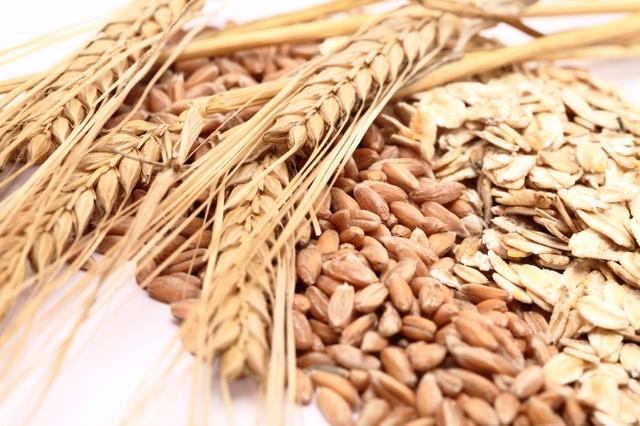
Whole grains like popcorn are important during pregnancy because they’re high in fibre content and nutrients. There are lots of other whole grains out there, from oatmeal to barley. Whole grain quinoa is easy to make and is very high in nutrients, particularly protein, making it a super food. Grains such as whole wheat, oats, barley, corn, and rice are packed with many important nutrients like iron, magnesium and selenium. Grains are also good sources of vitamin B1, vitamin B2, folic acid, and niacin. The growing baby needs for just about every part of his body. Grains supply energy for your baby’s development and help the placenta grow.

There are so many beans out there to choose from navy beans, lentils, black beans, pinto beans and chickpeas. We know that it’s important to get enough protein during pregnancy. One might not realise that fibre is also an equally important during pregnancy. When you’re pregnant, your gastrointestinal tract slows down, putting you at risk for constipation and haemorrhoids. Fibre can help prevent and relieve these problems. Food that contains fibre tends to be rich in nutrients. This is definitely right with beans as they are good sources of iron, folate, calcium, and zinc.
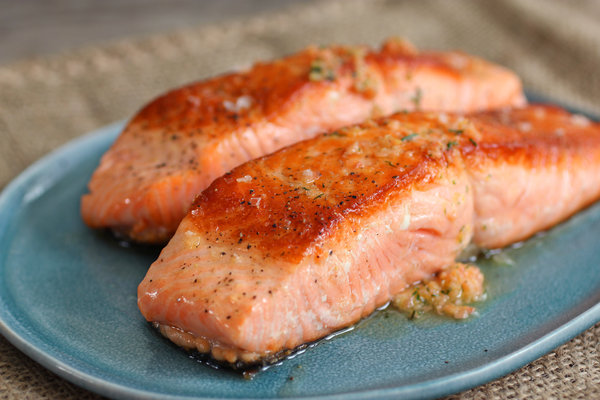
Salmon is not only rich in high-quality proteins, but it’s also a very good source of omega-3 fats. These are good for your baby’s growth and development. It may help boost your mood as well. And unlike swordfish, king mackerel, tilefish, and shark, salmon has low amounts of methylmercury, a compound that can be harmful to your baby’s developing a nervous system. Just remember that even for salmon and other low-mercury fish, such as canned light tuna and pollock, the FDA recommends eating no more than 12 ounces per week to avoid ingesting too much mercury.
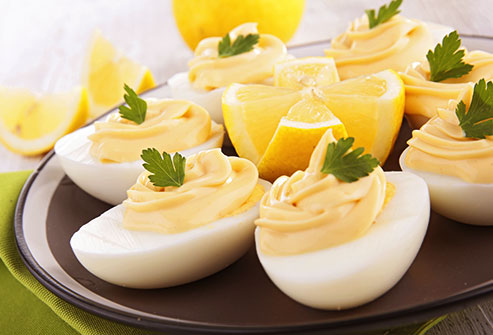
The egg is universally one of the best food that you can get. With one egg you get only about 90 calories. Apart from more than 12 vitamins and minerals, eggs contain lots of quality protein, which is essential for pregnancy. They also contain in choline; that helps in your baby’s overall growth and brain development. It also aids in preventing neural tube defects in babies. Some eggs even contain omega-3 fats which important for both brain and vision development. Healthy women with normal blood cholesterol can consume one to two eggs a day as part of a balanced diet low in saturated fat.

All types of berries are most eligible for their ‘superfood’ status and are a terrific addition for your pregnancy eating plan. Berries also contain vitamin C. The recommended dosage of vitamin C during pregnancy is 60mg. Usually, 100g of strawberries will get three-quarters of what you need. Berries also contain folate which is another essential nutrient during pregnancy. Again, strawberries provide 12% of the recommended intake. However, raspberries and blackberries stand out is for their fibre content, with roughly four times the fibre of blueberries or strawberries. Constipation is a common problem during pregnancy, particularly in the third trimester. Keeping up a good fibre intake can help. All these berries contain loads of phytonutrients which are actually plant compounds that have antioxidant and/or anti-inflammatory effects in the body. These compounds are what bring those attractive red, purple and blue colours to berries.
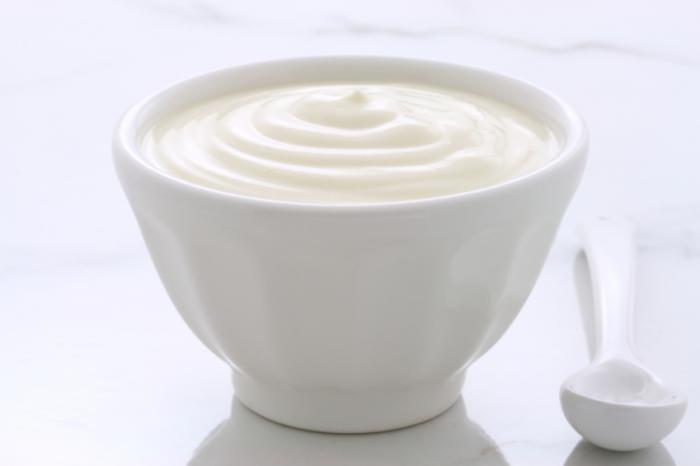
Yoghurt is a healthy, low-fat way to satisfy your sweet tooth. It also provides loads of many important nutrients. Yoghurt is a great source of calcium, which is vital in a pregnancy diet. Probiotics are the awesome bacteria present in yoghurt. They can help your baby grow, and they can do all sorts of good things in your body, too. There is more calcium in one cup of plain, low-fat yoghurt than in milk. It is high in protein. Do not have flavoured yoghurt as they have added sugar.
It is the most powerful creation to have life growing inside of you.There is no bigger gift